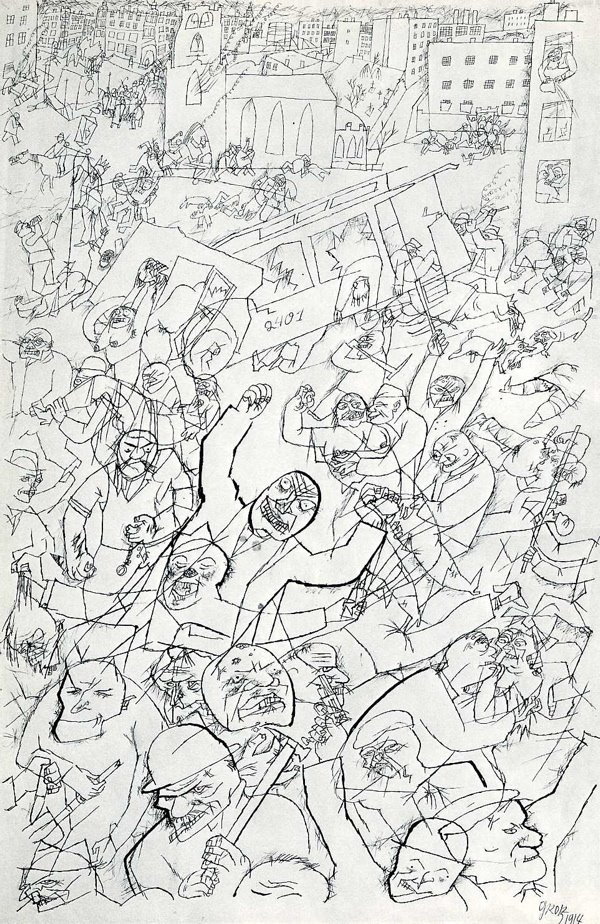
I am by no stretch of the imagination of cycling fan. I am not even really a sports fan. But I can be induced to read just about anything on the internet if it means that I can distract my mind for a few minutes away from the academic issues I am ostensibly studying.
So it has been only with minor enthusiasm that I have read coverage of the Tour de France. Truthfully, I don't see what's so special about this sporting event, and I wouldn't take the time to blog about it if I didn't have a linguistic ax to grind.
I'm talking about "doping." What the hell is this word, and why does virtually every article on the Tour use it?
Why when people write about baseball, for example, do they write about "performance-enhancing drugs" and not "doping"? There's no reason for this that I can discern. And it is with this in mind that I'd like to nominate "doping" for the 2007 Word of the Year award.
Every year, the American Dialect Society names a word of the year. Usually it's something topical. Last year, for example, the winner was "to pluto," meaning "to demote or devalue someone or something," since Pluto itself was demoted from a planet to a dwarf planet. (The year before, "truthiness" took home the coveted prize) Often the Word of the Year is a word that has had special prominence in the media. After the 2004 election, the Society considered both "flip-flopper" as a candidate for the award because its sudden and unexpected prominence in the media during the election as well as the infamous phrase "wardrobe malfunction."
And so it is with "doping," a word so stupid, and so ubiquitously used in certain contexts, that its use practically begs us to hope that vocabulary-enhancing drugs will soon be on the market.
Friday, August 10, 2007
The Ascendence of "Doping"
Posted by
Tim
at
1:21 PM
![]()
Labels: vocabulary
Subscribe to:
Post Comments (Atom)



1 comment:
Tim
I believe doping is used as a shortened version of the term "blood doping", or the practice of receiving blood transfusions in order to raise the athlete's red blood cell count higher than average, and increase their endurance through better oxygen capacity. It was a more common method of cheating in endurance sport than 'game' sports because the muscle mass induced by anabolic steroids can be a detriment to a distance cyclist or marathon runner. Because it was not a drug, it was not termed as such, but I think the 'doping' was used rather than 'transfusion' to imply that it was for illicit purpose.
I say was, because synthetic erythropoetin, I believe, largely supplanted actual blood transfusions. EPO, as it is abbreviated, is a naturally occurring hormone in the body that causes the body to make more red blood cells. You would have a rise in this hormone under conditions such as significant blood loss, or moving to a mountainous area with less oxygen. It works slowly, though, so the athletes would have to inject it for months. But it certainly is a drug.
I don't keep up with this issue, but I believe they are now able to detect synthetic EPO vs. natural. I don't know if this has led to a return to the old methods or not.
Regardless, I agree that it is a silly, non-specific word that doesn't really make clear what the issue is.
GK
Post a Comment